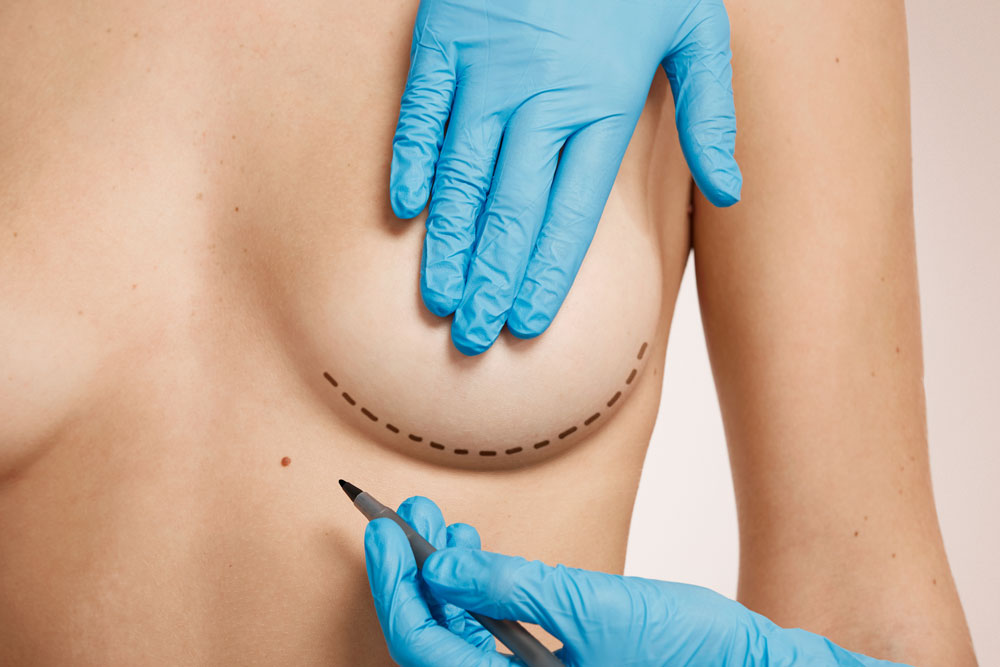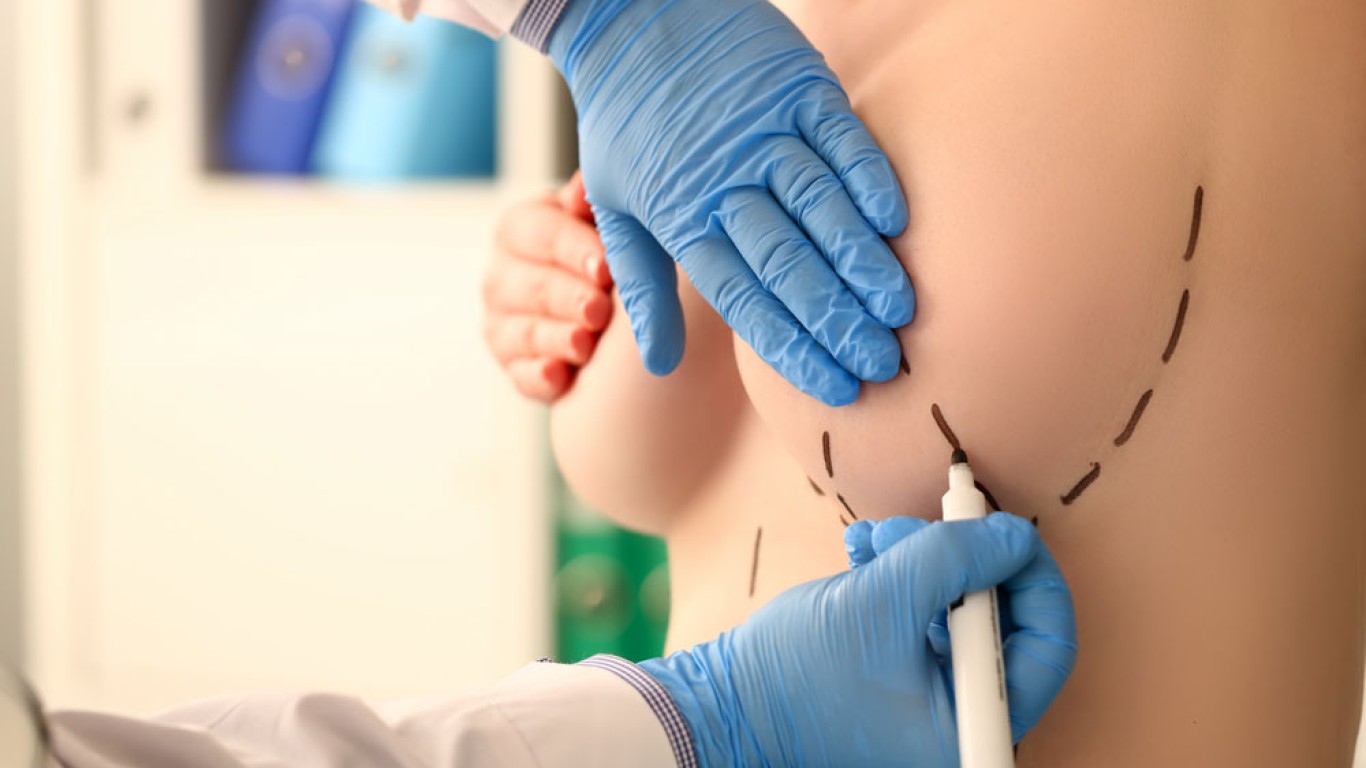Introduction
Breast implants are a popular choice for women seeking to enhance their breast size and shape. Understanding the longevity of breast implants is crucial for those considering or currently having them. This comprehensive guide covers everything you need to know about the lifespan of breast implants. Including factors affecting their longevity, signs that indicate replacement, and how to maintain them.
Understanding Breast Implants Longevity
Breast implants are not lifetime devices, and their longevity can vary based on several factors. On average, these implants last between 10 to 20 years. However, many women may need to replace their implants sooner. This could be due to complications or personal preference.
Factors Affecting the Longevity of Breast Implants
- Type of Implant: There are two main types of breast implants: saline and silicone. Silicone implants tend to have a slightly longer lifespan compared to saline implants. The choice between the two can impact how long your implants last.
- Surgical Technique: The skill and technique of the surgeon play a significant role in the longevity of the implants. Proper placement and minimal trauma during surgery can help extend the lifespan of the implants.
- Body Reactions: Individual body reactions to implants can vary. Some women may experience capsular contracture, where scar tissue forms around the implant, leading to the need for replacement.
- Lifestyle Factors: Physical activity, smoking, and weight fluctuations can affect the longevity of breast implants. Maintaining a stable weight and a healthy lifestyle can contribute to longer-lasting implants.
Signs That Indicate Replacement of Breast Implants
- Changes in Shape or Size: If you notice changes in the shape or size of your breasts. It may indicate that your implants need to be replaced. This can happen due to implant rupture or leakage.
- Pain or Discomfort: Persistent pain or discomfort in the breast area can be a sign that something is wrong. It’s essential to consult your surgeon if you experience any unusual sensations.
- Capsular Contracture: This condition occurs when the scar tissue around the implant hardens. Causing the breast to feel firm or misshapen. Capsular contracture can necessitate implant replacement.
- Implant Rupture: Both saline and silicone implants can rupture, although the symptoms differ. A saline implant rupture is usually noticeable as the breast deflates. While a silicone implant rupture may require an MRI to detect.
How to Maintain Breast Implants for Longevity
- Regular Check-Ups: Schedule regular check-ups with your plastic surgeon to monitor the condition of your implants. Regular imaging tests like mammograms or MRIs can help detect any issues early on.
- Healthy Lifestyle: Maintain a healthy lifestyle by avoiding smoking, managing your weight, and exercising regularly. These habits can help prolong the life of your implants.
- Follow Post-Surgery Instructions: Adhere to all post-surgery care instructions provided by your surgeon. Proper care during the initial recovery period can significantly impact the longevity of your implants.
- Monitor for Changes: Keep an eye on any changes in your breasts and report them to your surgeon immediately. Early detection of issues can prevent further complications and extend the lifespan of your implants.
When to Consider Replacement or Removal
Breast implants do not necessarily need to be replaced after a specific period. However, if you experience any of the signs mentioned above, it’s crucial to consult your surgeon. Some women choose to replace their implants for cosmetic reasons. Such as a desire for a different size or shape. Others may opt for removal due to health concerns or personal preference.
Conclusion
The longevity of breast implants varies based on several factors. Including the type of implant, surgical technique, and individual lifestyle. Regular monitoring and a healthy lifestyle can help extend the lifespan of your implants. It’s essential to be aware of the signs that indicate the need for replacement. Consult your surgeon regularly to ensure the health and longevity of your implants. By staying informed and proactive, you can enjoy the benefits of your breast implants for many years.
For more information on breast implants at ACIBADEM, please visit the ACIBADEM Beauty Center webpage.
Frequently Asked Questions
On average, they last between 10 to 20 years, but this can vary.
Factors include the type of implant, surgical technique, body reactions, and lifestyle factors.
Signs include changes in shape or size, pain or discomfort, capsular contracture, and implant rupture.
Maintain regular check-ups, follow a healthy lifestyle, adhere to post-surgery instructions, and monitor for changes.
Consider replacement or removal if you experience any signs of complications or if you desire changes for cosmetic or personal reasons.













